Soccer Player’s Nutrition Info: The Scoop on CARBS, PROTEIN & MORE
SoccerToday’s nutrition columnist Nancy Clark on practical tips for soccer players who want to win with good nutrition.
The average American spends 24 hours a week online. That includes many soccer athletes who spend a lot of time surfing the Web, looking for answers to their nutrition questions.
May soccer players, youth soccer players as well as professional soccer players generally find way too much conflicting information and end up more confused than ever.
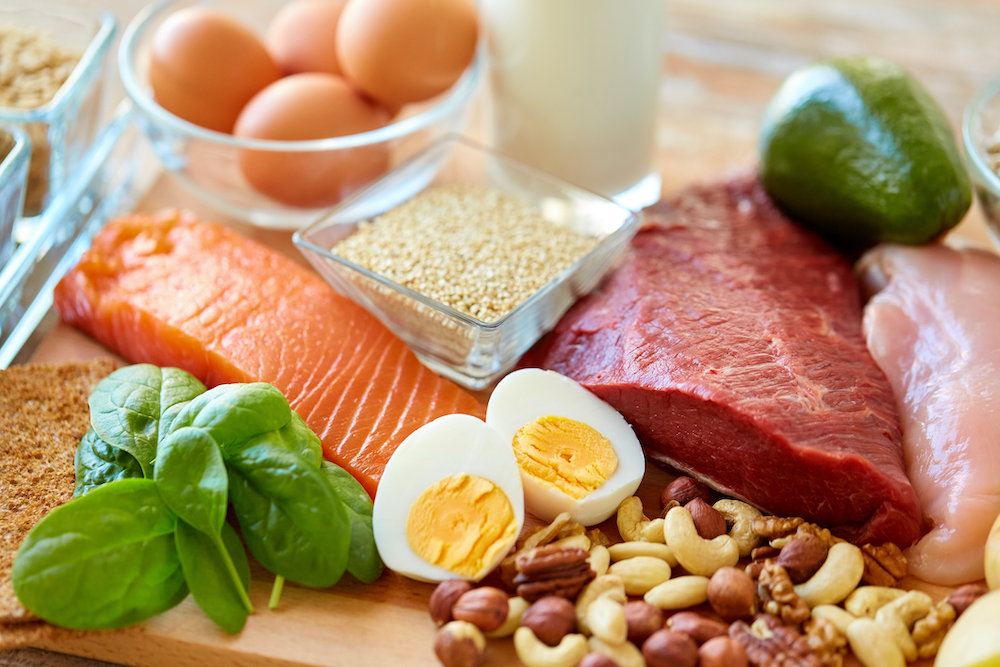
No Trends But Facts: The goal of this article is to offer science-based answers to a few popular sports nutrition questions and share some food for thought.
CARBOHYDRATES:
We have all heard trendy comments about carbs: They’re a waste of calories, sugar is evil. Fact? No…
Soccer Player’s Nutrition Info: Are carbs a waste of calories, with little nutritional value?
The answer depends on your definition of “carbs.” Many soccer players define carbs as sugar-filled baked goods and foods made with refined white flour, such as pasta, bagels, bread.
In reality, carbohydrates include all types of sugars and starches.
Carbs are in fruit, vegetables, beans (pinto, lima, garbanzo, etc.), grains (wheat, rice, barley, corn), and milk. These “quality carbs” add important nutrients to a sports diet.
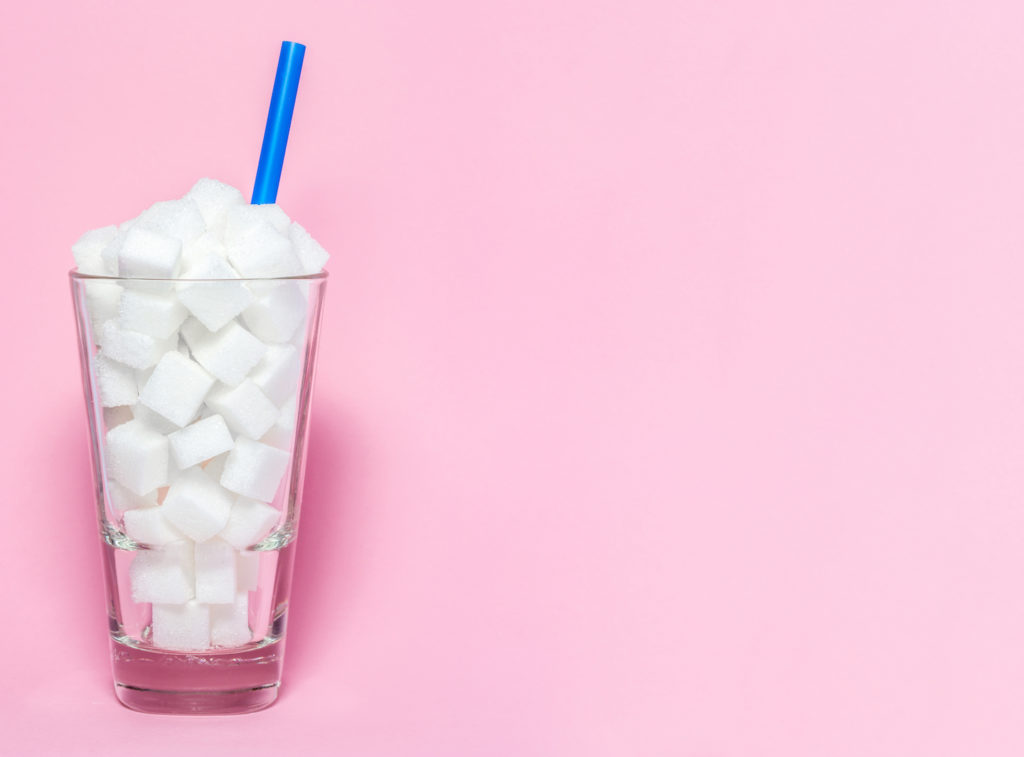
Should Runners Cut Out Sugar?
Sure, if that means cutting out EXCESS sugar. But if you plan is to cut out all sugar, technically speaking, you would need to stop eating any form of carbohydrate (fruit, veggies, grains), given those foods end up as sugar (glucose) in your body. That sugar fuels your muscles and brain. You’ll also need to cut out performance-enhancing sports drinks and gels.
Please judge food based on all the nutrients that accompany the sugar, more so than just the sugar content. Some sugary foods are nutrient-rich.
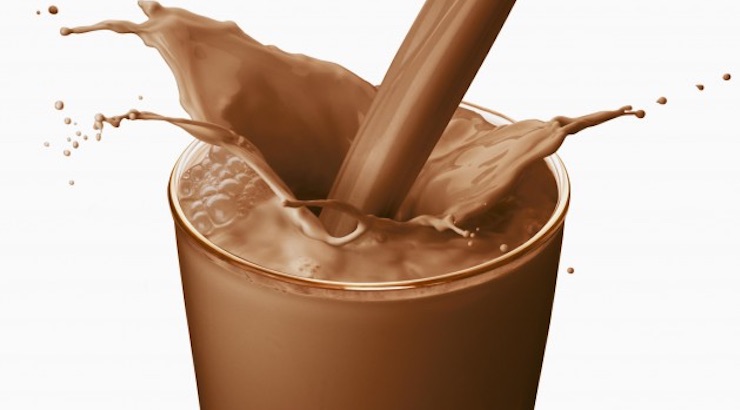
The natural and added sugar in chocolate milk, in combination with the milk’s protein, make chocolate milk an excellent recovery food for soccer players. The sugar refuels the muscles; the protein builds and repairs the muscles.
If your goal is to cut out added sugar, you might want to think moderation, rather than all or nothing. US Dietary Guidelines say 10% of calories can come from added sugar.
Eating a small sweet a day will not ruin your health forever.
Soccer players who report a desire to cut out sugar commonly have a love-hate relationship with (too much) sugar.

While they may believe sugar is addictive, a standard reason for overdosing on sugar relates to hunger. The body of a hungry athlete screams for quick energy: sugar.
One way to curb sugar cravings is to eat a satisfying protein-rich breakfast with eggs, cottage cheese, or nut butter.
By curbing hunger, you’ll enhance your chances of being able to choose quality carbs later in the day. Yes, eating enough breakfast can and does impact and improve your evening food choices. Give it a try?
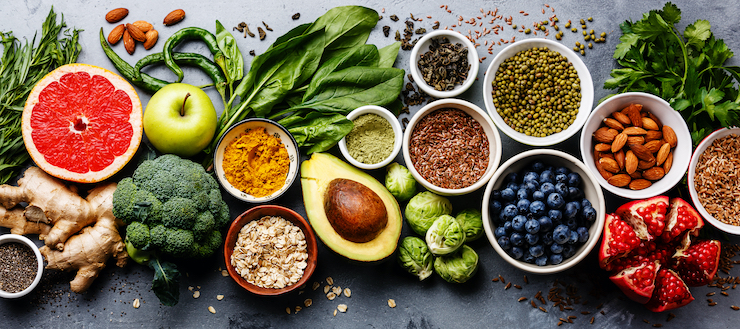
PROTEIN:
Many of today’s athletes believe protein should dominate a sports diet. True? Not quite.
Soccer Player’s Nutrition Info: What percent of my calories should come from protein?
Dietary guidelines recommend 10% to 15% of daily calories should come from protein. In truth, soccer players should base their protein needs on body weight, not percent of calories.
The target for most players is about 0.5 to 0.75 grams of protein per pound of body weight (1.0-1.5 g pro/kg) per day.
Soccer players who restrict calories or are just starting a weight-lifting program might need a bit more protein — but most hungry players consume that much — plus more — within the context of daily food choices.
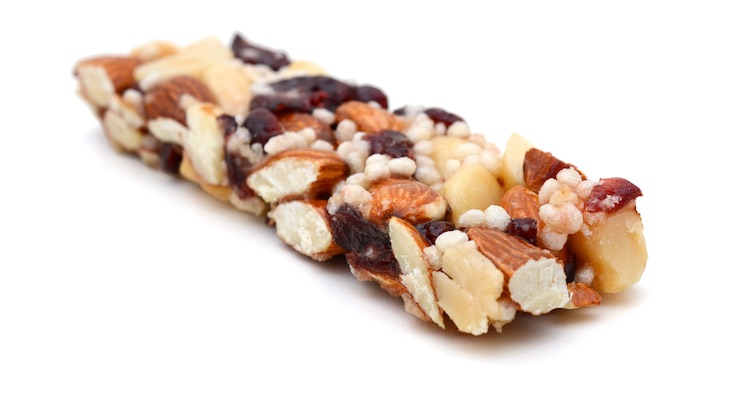
Can I get Enough Protein Without Protein Shakes, Bars and Powders?
Yes! I rarely meet soccer players who consume too little protein. Those who might benefit from a supplement include players with anorexia (who consume too little of most nutrients) and dieting vegetarian players who fail to consume adequate plant protein within their restricted calorie budget.
That is, for 125 calories, you can consume 25 grams of protein from a can of tuna but less than 4 g protein from the dollop (0.25 cup) of hummus on a salad.
Can Vegan Soccer Players Perform as well as Meat-Eaters?
For certain, as long as they consume adequate protein, iron, calcium and B-12, among other nutrients. Not hard to do if the vegan is eating responsibly (i.e., not living on “vegan” Coke & potato chips). They might even perform better when they shift from a meat-based to plant-based diet. Plant proteins (such as beans, lentils, and hummus) offer both protein (to build and repair muscles) and carbohydrate (to fuel muscles).

To optimally fuel muscles, soccer players who train about an hour a day need about 2.25 to 3.5 g carb/pound of body weight, depending on the intensity of the workout. For a 150-pound player, this comes to about 340 to 525 grams of carb a day (1,360 to 2,100 calories from carb).
To hit that goal, starchy beans and grains should be the foundation of each meal and snack. Vegan soccer players can easily hit that target, while many meat-focused or carb-avoidant players end up needlessly fatigued when meat/fish/chicken and salads displace starches and grains.
No wonder many soccer players report performing better when they switch to a vegan diet!
FAT: While fat has been shunned for years, it is now popular. Here’s what soccer players want to know about dietary fat…
To Lose Undesired Body Fat … Should I Train More?
Don’t bother! Burning fat differs from losing body fat. You might burn 800 calories doing two hours of low intensity, fat-burning training session, and then can easily replace it all by devouring a big meal. No fat loss there!
A wiser plan is to lose fat when you are sleeping (not when exercising), by eating less at dinner to create a calorie deficit for the day. That way, you can surround your workouts with fuel, and optimize your ability to train well. Weight is more of a calorie-game than a fat-burning game.
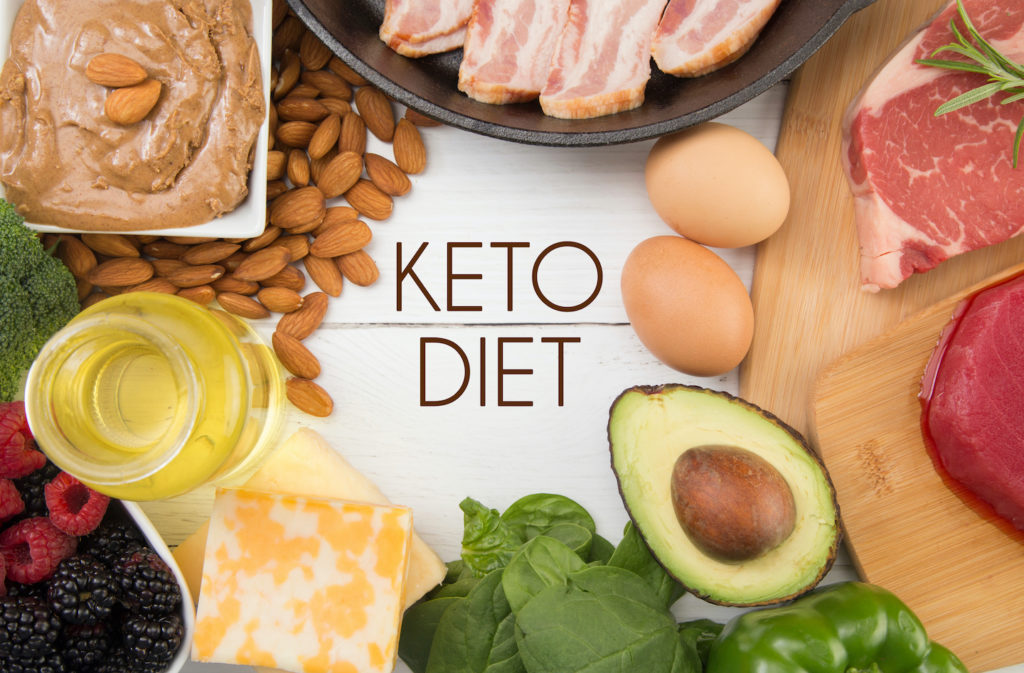
What About the High-Fat Keto Diet for Losing Weight?
Keto advocates often rave they can lose weight without feeling hunger. True, a high-fat diet is very satiating. But what happens after the diet? I’ve heard stories of keto dieters succumbing to carb-binges and rapid weight regain. My recommendation: Embark only on a food plan you want to maintain for the rest of your life.
Meeting with a sports registered dietitian (RD CSSD) can help you learn effective weight management skills.
What About a Keto Diet for Endurance Athletes?
Some ultra-runners and ultra-athletes embrace a keto diet. By burning fat for fuel, they can eat less during long events and experience less intestinal distress.
More research is needed on keto-athletes who have fat-adapted for several months (many studies are for less than one month): Can they perform better than carb-eaters? Current research suggests keto athletes might perform as well as carb eaters—but not better than. That’s a lot of dietary restriction for questionable performance benefits. That said, each athlete is an experiment of one and no one diet suits everyone.
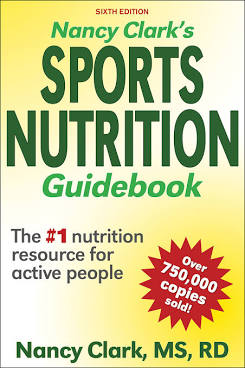
SIDEBAR: Nutritional and medical advice changes with new discoveries and interpretations. Always check with your medical provider and/or nutritionist for what is best for you and your family.

Sports nutritionist Nancy Clark MS RD CSSD has a private practice in the Boston-area, where she helps both fitness exercisers and competitive athletes create winning food plans. Her best-selling (6th Edition) Sports Nutrition Guidebook, and Food Guide for Soccer, as well as teaching materials, are available at www.nancyclarkrd.com.
Click here for online and live workshops.





